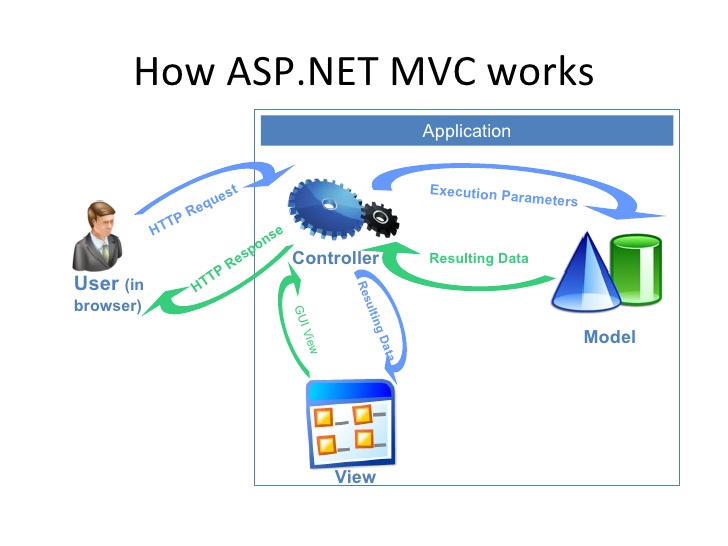Improve your career options by learning ASP.NET Development. Master Software Development and build your first software today.
Industry-level ASP .NET training in Rajkot
100% job placement assistance
Live project experience
Certification after course completion
Flexible batch timings
Interview preparation sessions
Complete coverage of ASP .NET website development basics and advanced concepts
Real-world project development
SQL Server database training
MVC (Model-View-Controller) architecture
Deployment and hosting guidance
Resume building and job assistance

Anyone interested in web development can join. Our ASP .NET website development training in Rajkot is suitable for students, working professionals, and entrepreneurs.
Yes, after completing the ASP .NET website development course in Rajkot, you'll receive a certificate from our institute.
Basic knowledge of programming is helpful but not mandatory to join our ASP .NET website development training in Rajkot.
Yes, we provide 100% job placement assistance as part of our ASP .NET website development training in Rajkot.
The duration of our ASP .NET website development course in Rajkot is typically 2 to 3 months, depending on the batch.